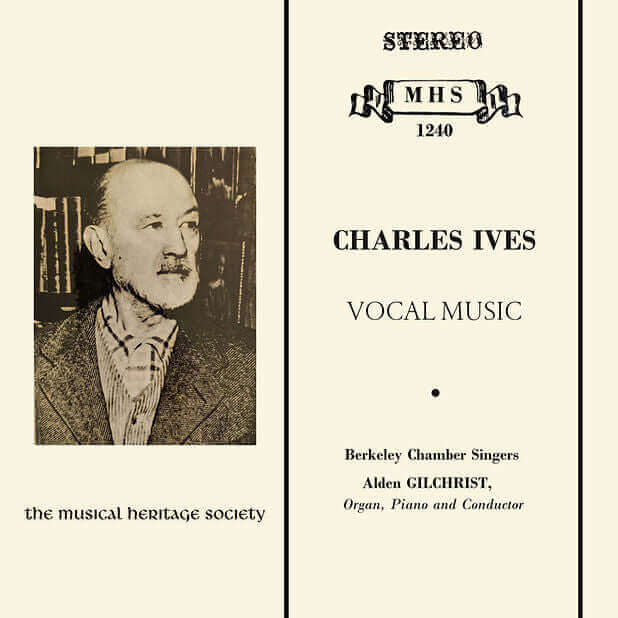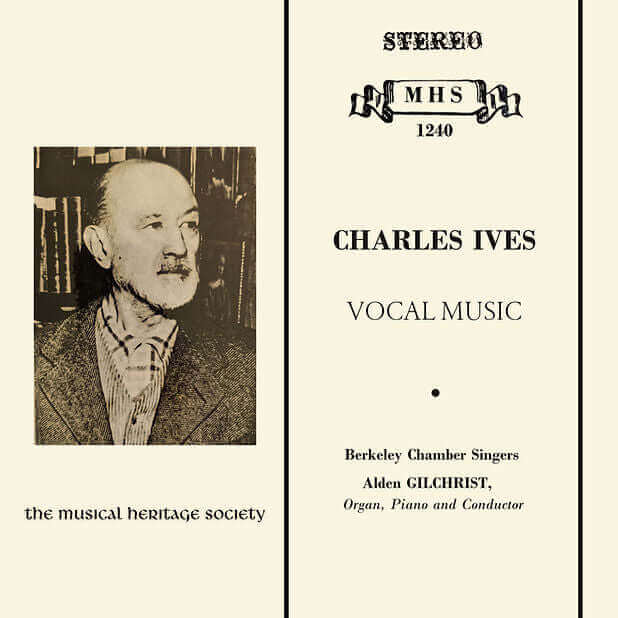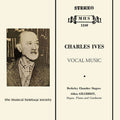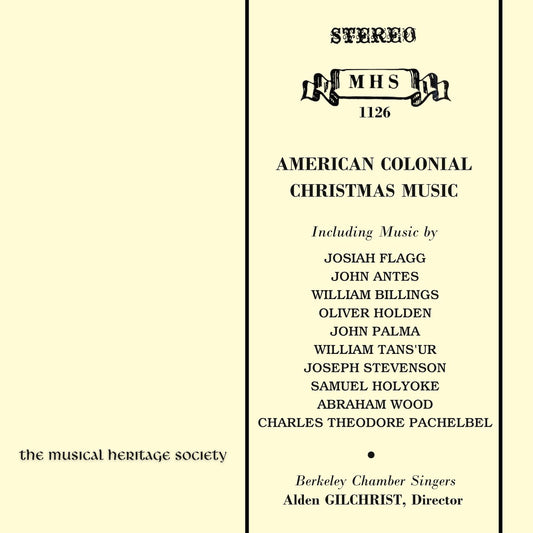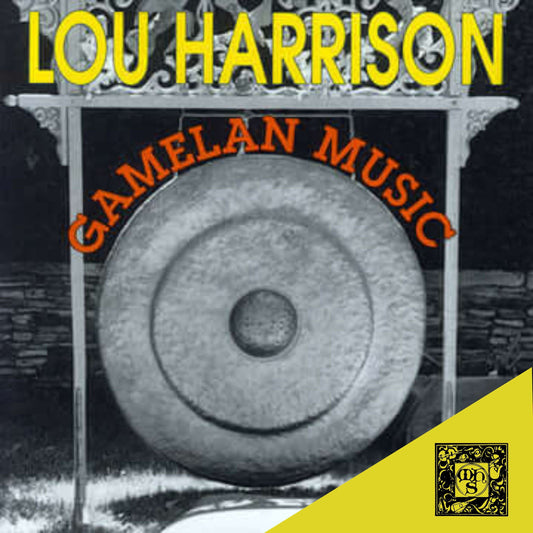Here is a recording of vital interest for many reasons. Ives, called by many the greatest of all American composers, was himself interested in America and her people, all of them. In his music he made allegiance to no compositional schools, but composed as he felt, drawing material from any style he pleased, often with the effect of a colonial patchwork quilt. The vocal music recorded here includes works for solo voice and piano, men's chorus, women's chorus, mixed chorus a cappella and with organ. In addition to two lovely Christmas carols, the most striking single work is the cantata-like setting of Rachel Lindsay's powerful poem "General William Booth Enters into Heaven" with its haunting and insistent refrain "Are you washed in the Blood of the Lamb?"

